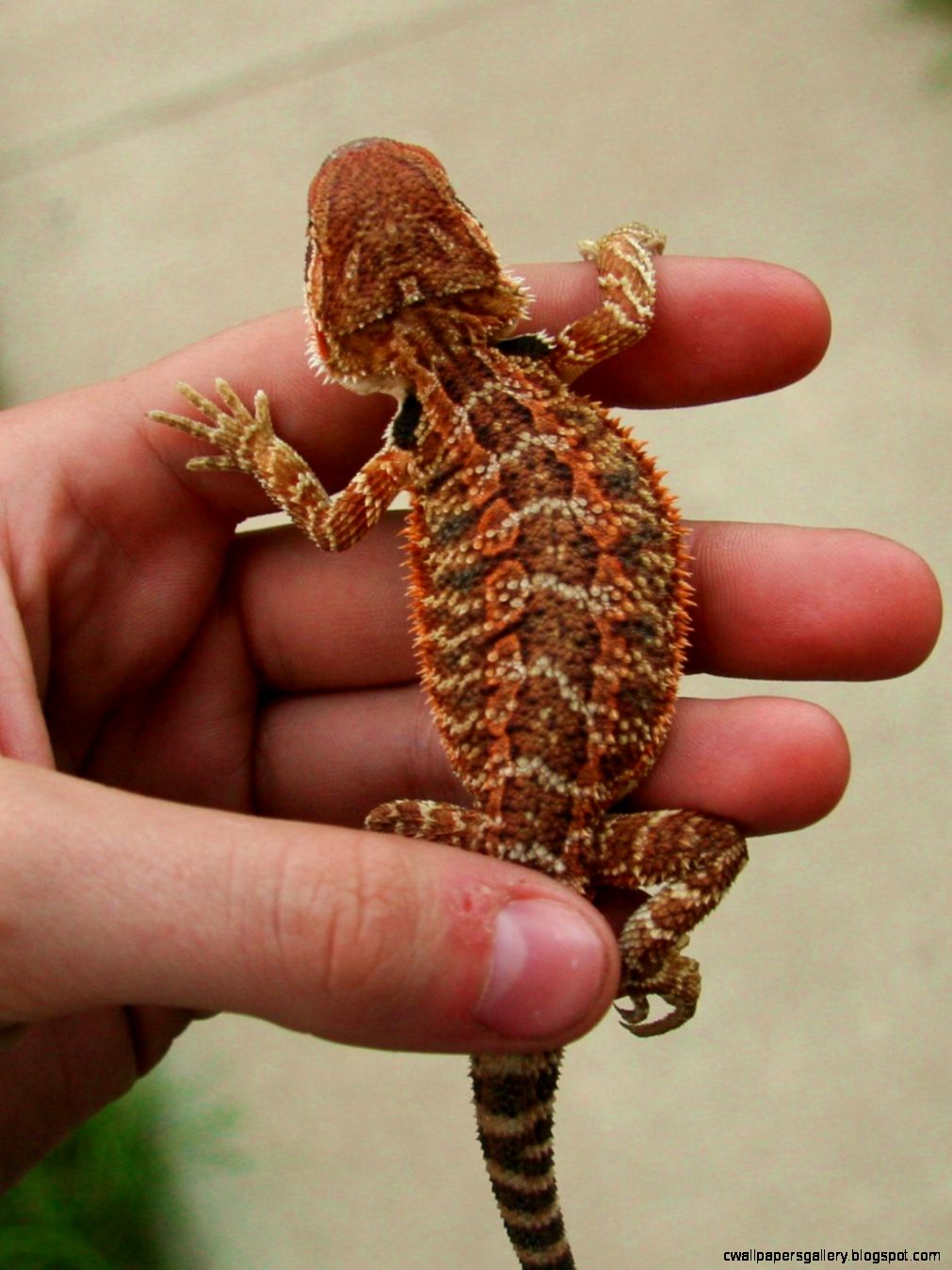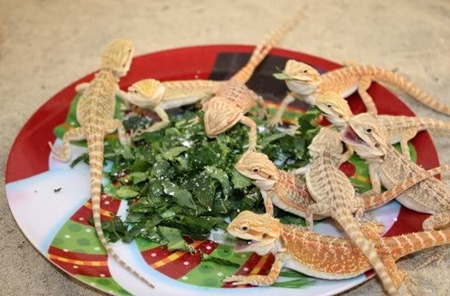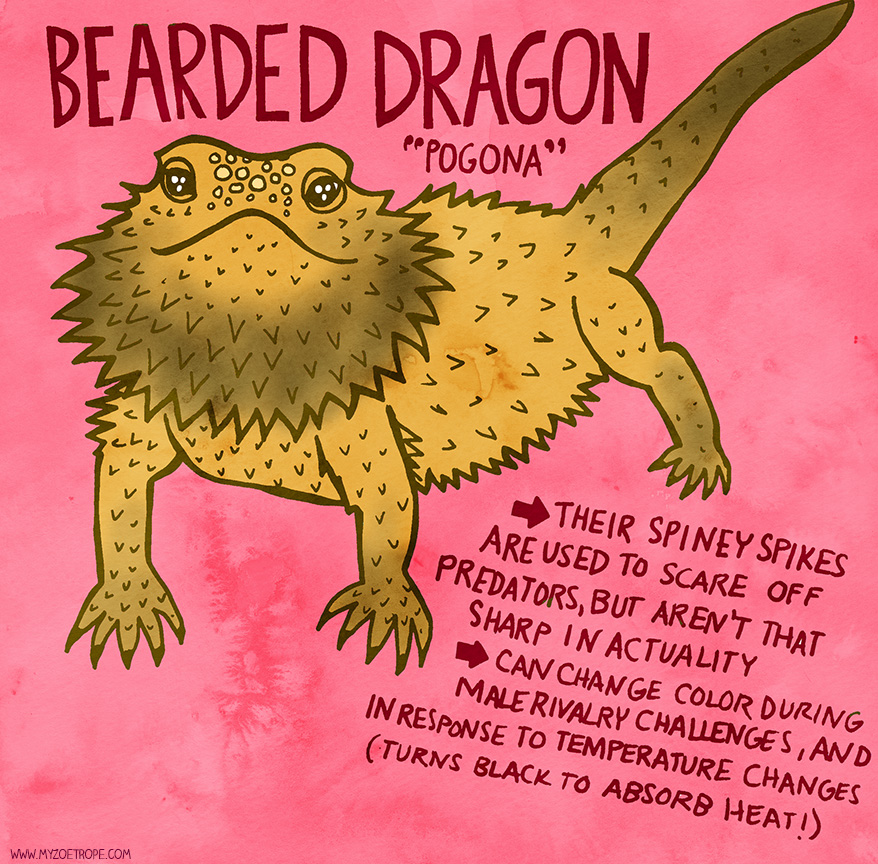The Ultimate Bearded Dragon Feeding Schedule by Age for Beginners - When and What to Feed Your Pet
Introduction
Getting a new pet is always exciting, but it also comes with a lot of responsibilities. One of the most important aspects of caring for a pet is feeding it properly. This is especially true for bearded dragons, which have a unique diet that requires careful planning and consideration. In this guide, we’ll go over the bearded dragon feeding schedule by age, so you can make sure your pet is getting the nutrition it needs.
Feeding Bearded Dragons: Key Takeaways
- Bearded dragons should be fed a variety of insects, vegetables, and fruits
- Feed baby bearded dragons twice a day; juvenile dragons once a day; and adult dragons every other day
- Bearded dragons need a source of calcium and Vitamin D in their diet
- Avoid feeding your bearded dragon foods that are high in oxalates, nitrates, and phosphates
Feeding Schedule for Baby Bearded Dragons (0-4 months)
Baby bearded dragons require a lot of food to fuel their rapid growth during the first few months of their life. They should be fed twice a day, with a mix of protein-rich insects and fresh vegetables. Here is a breakdown of what they should be eating:

- 75% feeder insects (crickets, mealworms, dubia roaches)
- 25% fresh vegetables (kale, collard greens, dandelion greens)
- Supplement with calcium and Vitamin D
It’s important to note that the insects should be no larger than the space between the baby bearded dragon’s eyes. As a general rule, the amount of insects should be equal to the size of the baby’s head.
Feeding Schedule for Juvenile Bearded Dragons (4-12 months)
Juvenile bearded dragons are still growing, but not as rapidly as their younger counterparts. They should be fed once a day, with a healthy mix of insects and fresh vegetables. Here is a breakdown of what they should be eating:

- 50% feeder insects (crickets, mealworms, dubia roaches)
- 50% fresh vegetables (spinach, kale, collard greens, squash)
- Supplement with calcium and Vitamin D
Feeding Schedule for Adult Bearded Dragons (1 year+)
Adult bearded dragons are fully grown and have a slower metabolism. They only need to be fed every other day, with a diet that is heavier on fresh vegetables than feeder insects. Here is a breakdown of what they should be eating:

- 25% feeder insects (crickets, mealworms, dubia roaches)
- 75% fresh vegetables (most greens, bell peppers, carrots)
- Supplement with calcium and Vitamin D
Foods to Avoid
While bearded dragons are omnivorous and can eat a variety of foods, there are some things you should avoid feeding them. Foods that are high in oxalates, nitrates, and phosphates can potentially cause health issues. Here are some examples of foods to avoid:

- Iceberg lettuce
- Spinach
- Chard
- High oxalate vegetables (beets, rhubarb, parsley)
- Avocado
- Fireflies
- Insects caught in the wild (can contain pesticides and parasites)
Conclusion
Feeding your bearded dragon properly is crucial for its health and longevity. By following this feeding schedule by age, you can ensure that your pet is getting the nutrition it needs to thrive. Remember to provide a variety of healthy foods, supplement with calcium and Vitamin D, and avoid feeding your dragon foods that can cause health problems. With a little bit of planning and preparation, you can enjoy a long and happy life with your bearded dragon!
